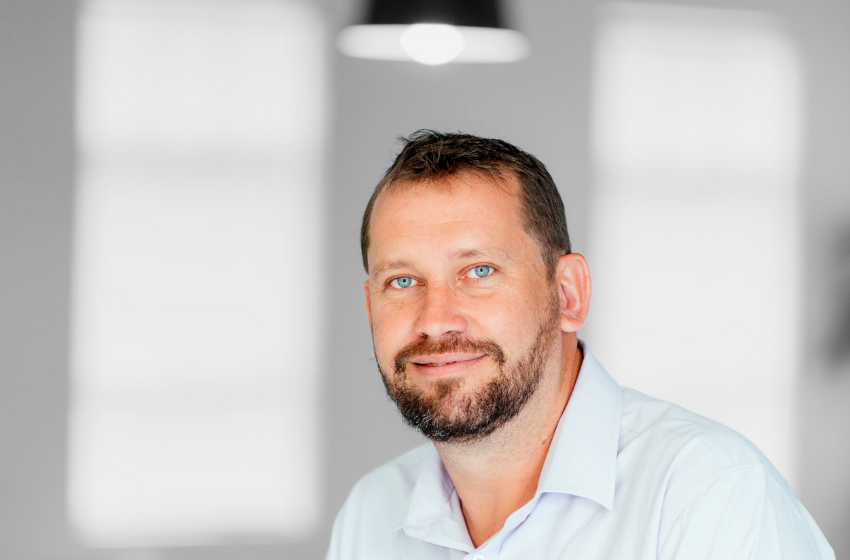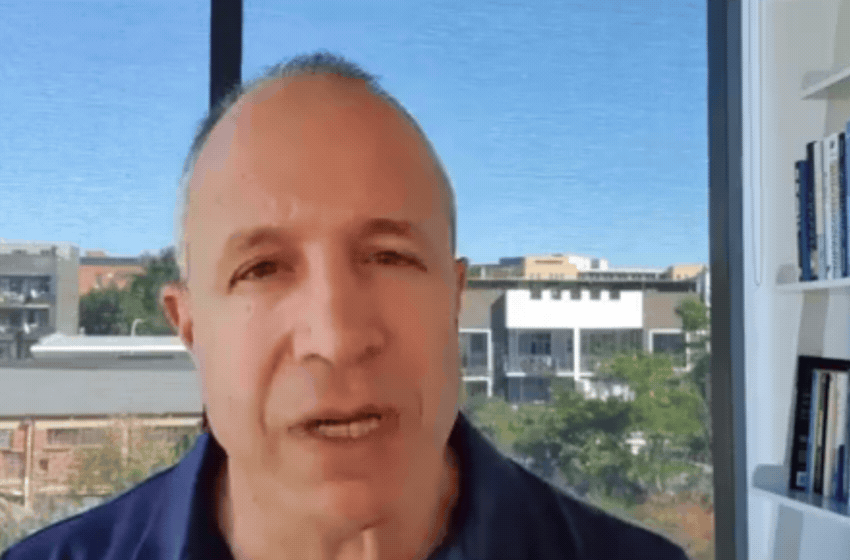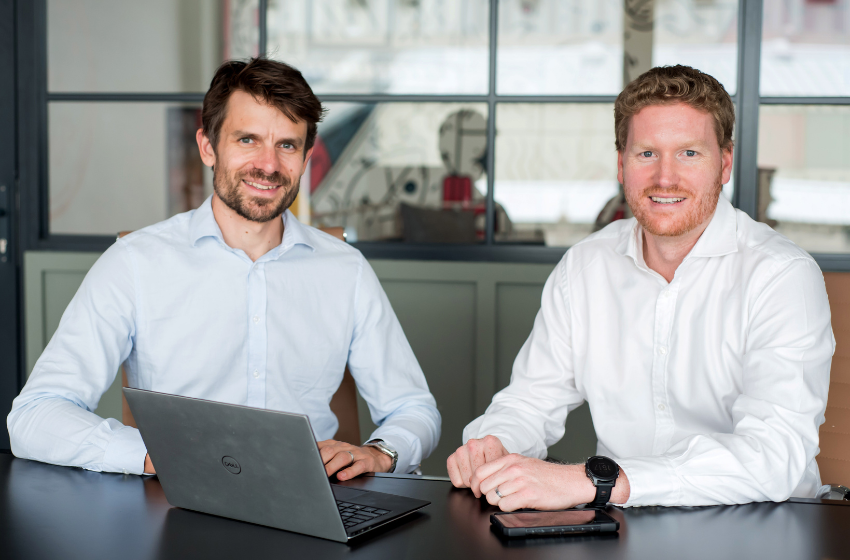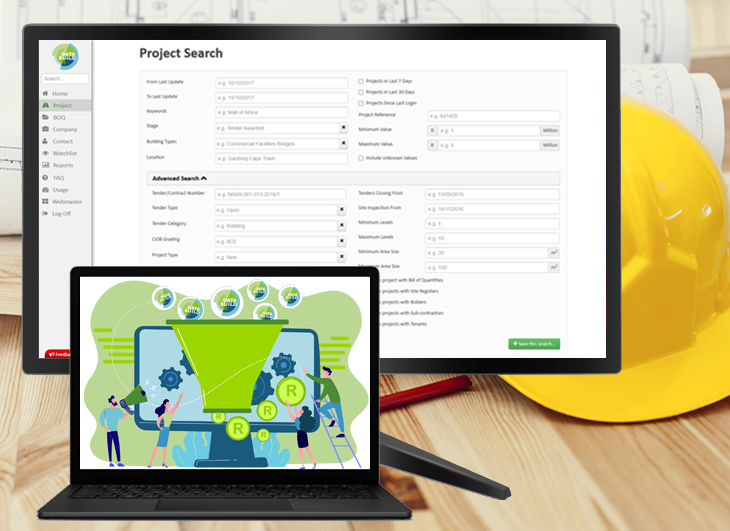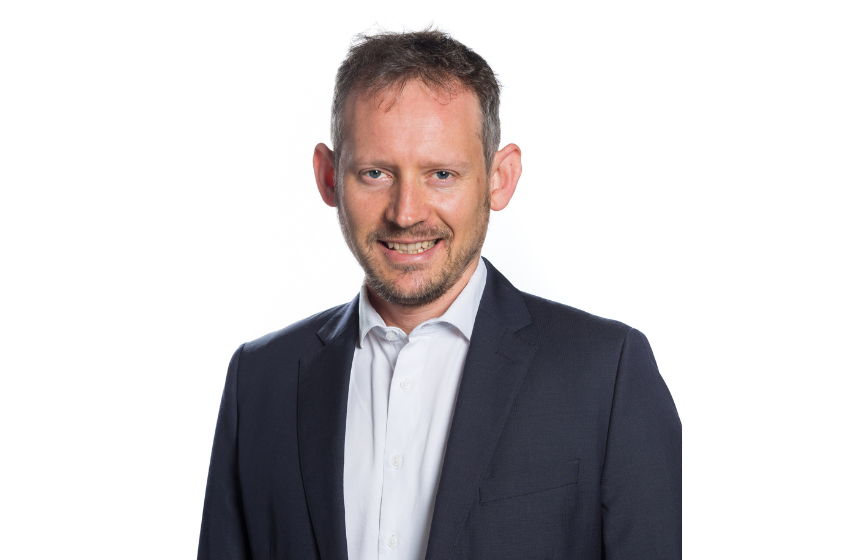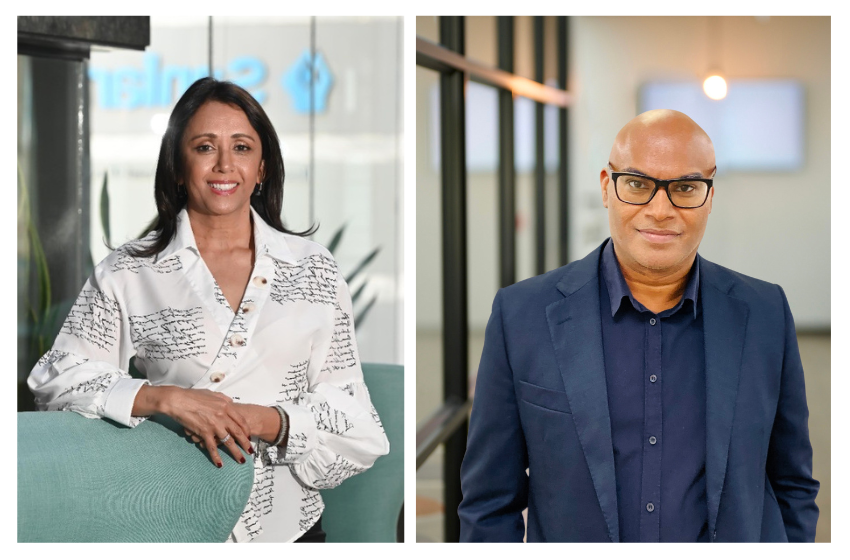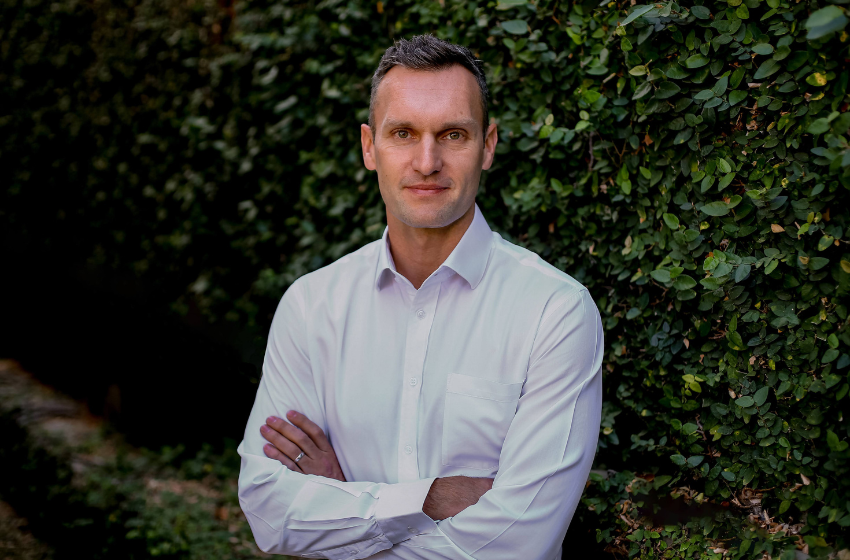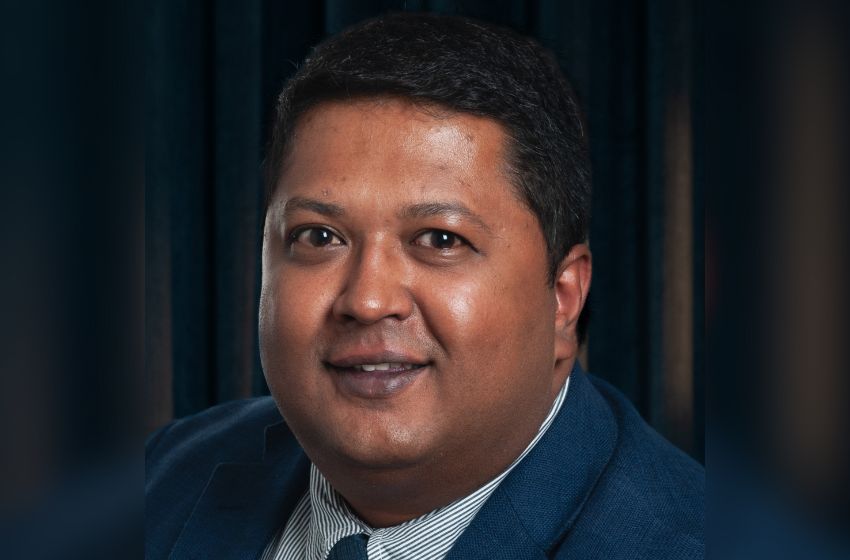
Against a backdrop of a shifting geopolitical and economic landscape, policymakers, financial leaders, and international experts assembled for discussions on the sidelines of the first G20 Finance Ministers and Central Bank Governors Meeting under South Africa’s Presidency.
Oliver Wyman, a global leader in management consulting and a business of Marsh McLennan (NYSE: MMC), together with Nedbank, and The Reinventing Bretton Woods Committee, convened experts for an official G20 side event entitled ‘Global Financial Architecture in Transition’. The in-depth discussions on sovereign debt sustainability, the evolution of the global financial safety net, and finance for sustainable infrastructure advanced recommendations in support of the finance track of South Africa’s G20 Presidency.
Daniel Mminele, Chairman of Nedbank, in his opening address, underscored the urgent need for global cooperation at a time of heightened geopolitical and economic fragmentation. He added: “The frameworks for the global system and the financial safety nets that were designed in the last century fall short when assessing the challenges and realities we face today. As G20 President, South Africa can continue the work done under Brazil’s presidency aimed at reforming the global financial architecture so it is just, inclusive and more responsive to our contemporary challenges, and in the process, ensuring that Africa can’t be a passive observer in these shifting dynamics.”
The event featured three panel discussions offering key observations for policymakers and market participants.
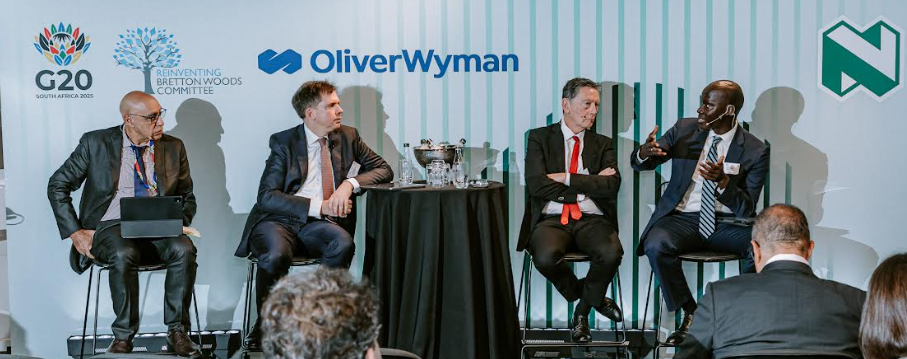
Improving the sovereign debt architecture:
The first panel focused on the urgency of addressing sovereign debt challenges, particularly in low-income and emerging market countries and highlighted the silent debt crisis and its impact on development and service delivery on the continent, as well as the need for more effective debt resolution systems.
Key takeaways included:
- The current debt resolution framework is not effective, and the exclusion of low and medium-income countries must be addressed.
- Debt sustainability must be balanced with social needs and sustainable development goals (SDG) aligned infrastructure.
- Many developing countries face liquidity crises rather than insolvency but delays in debt resolution have led to economic stagnation.
- Creditors and bondholders play a decisive role in debt negotiations, and their incentives need to be aligned with sustainable debt resolution.
The future of the global financial safety net (GFSN):
Participants in the second panel highlighted how protectionist policies and supply shocks are driving inflation and explored ways to create a stronger financial safety net that supports sustainable development and economic stability.
Top insights were as follows:
- Emerging market countries need elevated financing to weather financial shocks and to transition between periods of growth and crises.
- Strengthening the GFSN requires better coordination and partnerships. Its ability to handle shocks, as seen in crises such as the COVID-19 pandemic, is under strain. Geopolitical tensions and economic fragmentation have increased volatility, both raising demand for the GFSN and weakening key safety nets and Regional Financing Agreements (RFA).
- Protectionist trade policies raise borrowing costs and worsen liquidity. Emerging markets should look to reduce IMF reliance by strengthening RFAs.
- Long term investment in RFAs is key to moving past short-term market access and facilitating Africa’s inclusion in the global economy.

Climate finance investment and infrastructure:
The last panel discussed an integrated approach to climate finance, the need for stronger global cooperation, and the role of the private sector in bridging the climate finance gap.
These main points were shared:
- Developing countries can no longer solely rely on the IMF but need to partner with the private sector to mobilise resources and finance debt which supports green infrastructure investment.
- Climate change cannot be addressed in isolation and requires a blended financial approach with development banks playing a larger role.
- The discussion centred on the need for Africa’s climate finance strategy to be African-led, with a strong focus on mobilising domestic resources and building financial institutions that support green infrastructure.
Expert Insights
Trevor Manuel, Chairman of the G20 expert panel on Africa: “The events of the past few years have shown that there is no shortage of issues. We need to use every opportunity to move beyond discussion, and decision makers need to take actions and focus on solutions. The relationship between debt and development is right at the epicentre of what we need to solve. In the period between 2017 and 2023, the average debt service costs for developing countries has risen at the rate of 12% per annum- it’s unsustainable.”
Paul Calvey, Head of South Africa at Oliver Wyman: “South Africa’s economic resilience hinges on diversification and adaptability in a rapidly evolving global landscape. Strengthening partnerships between government and business is crucial to drive innovation, attract investment, and ensure policy alignment. We are dedicated to supporting collaborative solutions that foster sustainable and inclusive economic growth.”
Marc Uzan, Founder and Executive Director of The Reinventing Bretton Woods Committee: “Cross-national collaboration is essential in addressing systemic financial challenges. These panels provided an invaluable forum for thought leaders to align on key priorities and identify actionable solutions.”
Share via:



